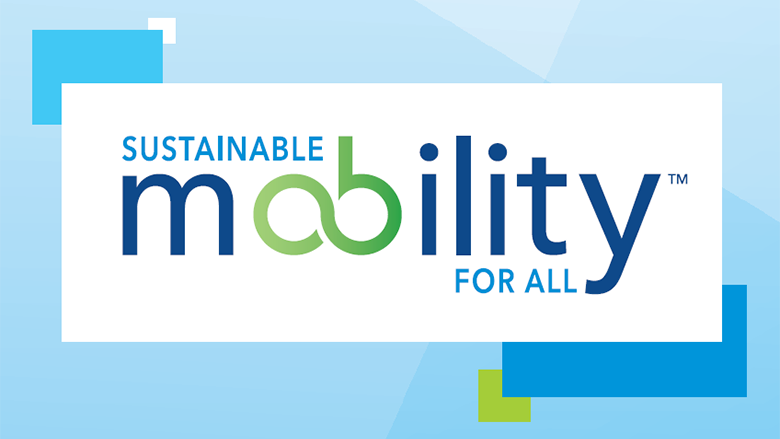The transport sector is changing at breakneck speed.
By 2030, global passenger traffic is set to rise by 50%, and freight volume by 70%. By 2050, we will have twice as many vehicles on the road, with most of the increase coming from emerging markets, where steady economic expansion is creating new lifestyle expectations and mobility aspirations. Mega-projects like China’s One Belt, One Road could connect more than half of the world’s population, and roughly a quarter of the goods that move around the globe by land and sea.
These transformations create a unique opportunity to improve the lives and livelihoods of billions of people by facilitating access to jobs, markets, and essential services such as healthcare or education.
But the growth of the transport sector could also come at the cost of higher fossil fuel use and greenhouse gas emissions, increasing air and noise pollution, a growing number of road fatalities, and worsening inequities in access.
Although these are, of course, global challenges, developing countries are disproportionately affected.
The vast majority of the one billion people who still don’t have access to an all-weather road live in the developing world. Although low and middle-income countries are home to only 54% of the world’s vehicles, they account for 90% of the 1.25 million road deaths occurring every year. If we don’t take action now, transport emissions from emerging markets could triple by 2050, and would make up 75% of the global total.
 While the case for sustainable mobility is evident, the sector still lacks coherence and clear objectives. There is a way forward, but it requires pro-active cooperation between all stakeholders.
While the case for sustainable mobility is evident, the sector still lacks coherence and clear objectives. There is a way forward, but it requires pro-active cooperation between all stakeholders.
That’s what motivated the creation of Sustainable Mobility for All (SuM4All), a partnership between a wide range of global actors determined to speak with one voice and steer mobility in the right direction.
SuM4All partners include Multilateral Development Banks, United Nations Agencies, bilateral organizations, non-governmental organizations, civil society organizations, and is open to other important entities such as national governments and private companies. Together, these organizations can pool their capacity and experience to orient policymaking, turn ideas into action, and mobilize financing.
There are three fundamental premises that guide the work of the Sum4All initiative:
- First, we need to get everyone around the same table: so far, global mobility has been managed by a multitude of actors—UN agencies, multilateral development banks, the manufacturing industry, civil society— who have all been working independently. In the absence of coherent governance, the sector has failed to bring action and financing to scale in order to transform itself. Better cohesion, however, is possible. The energy sector embarked on this journey in 2010 with great results. There is no reason why transport should not be able to do the same.
- To be successful, you have to set some clear goals. Despite its critical role in economic and social development, transport is the only major sector that did manage to get its own Sustainable Development Goal (SDG). This is not good news, and will make it harder to get the global attention and financing needed to move the needle on sustainable mobility over the next 15 years. For the past six months, SuM4All partners have been working to fill the gap and agree on a set of global objectives for the sector, in line with recent international agreements like Habitat III, the Paris Agreement, and the SDGs. Specifically, the four priority goals identified by SuM4All are equitable access, safety, efficiency, and climate-responsiveness.
- Technology is changing our world. Let’s make the most of it! Technological innovation will go a long way in helping countries transition to more sustainable mobility. Advances in electric or autonomous vehicles promise to make transport greener, safer, and more efficient. Likewise, digital innovations such as ridesharing platforms, e-commerce, and telecommuting can significantly reduce demand and avoid unnecessary trips.


Join the Conversation